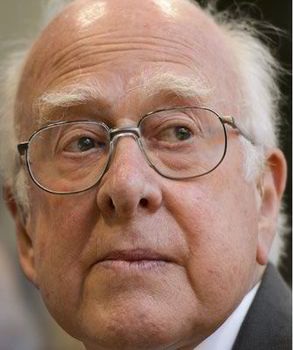Physicist Peter Higgs, renowned for his prediction of the Higgs boson particle, passed away. His ground-breaking theory, which earned him the Nobel Prize in 2013, proposed the existence of the Higgs boson and elucidated its role in conferring mass to particles. Initially conceived in the early 1960s to explain the origin of mass in atoms, Higgs’s idea faced initial skepticism and struggled to gain traction in scientific circles until it was finally published in 1964.
The subsequent half-century witnessed an intense scientific endeavour to verify the existence of the Higgs boson, culminating in its discovery in 2012 by physicists at the Large Hadron Collider in CERN, Switzerland. The momentous achievement validated Higgs’s theory and significantly enriched our understanding of particle physics within the framework of the Standard Model.
Contemporary theoretical physicists have proposed the existence of multiple Higgs bosons, forming what is now known as the Higgs field. Scientists anticipate that further exploration of the Higgs boson may offer insights into the elusive nature of dark matter, promising profound implications for our comprehension of the cosmos.
The Royal Swedish Academy of Sciences, responsible for awarding the Nobel Prize, underscored the significance of Higgs’s discovery prior to the 2013 ceremony. They emphasized the omnipresence of the Higgs field in the universe and its indispensable role in endowing particles with mass. Higgs shared the Nobel Prize with François Englert, whose contributions to theoretical physics in 1964 were instrumental in the discovery of the Higgs boson.































